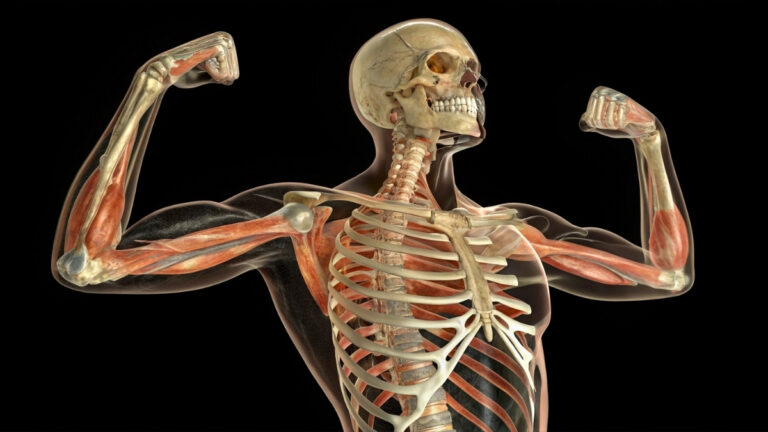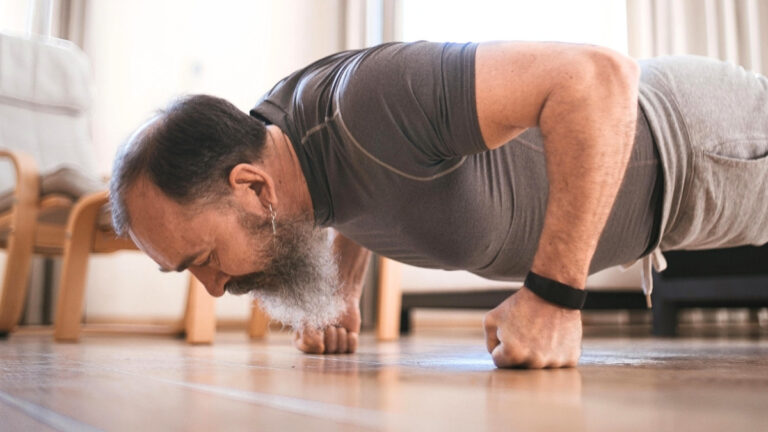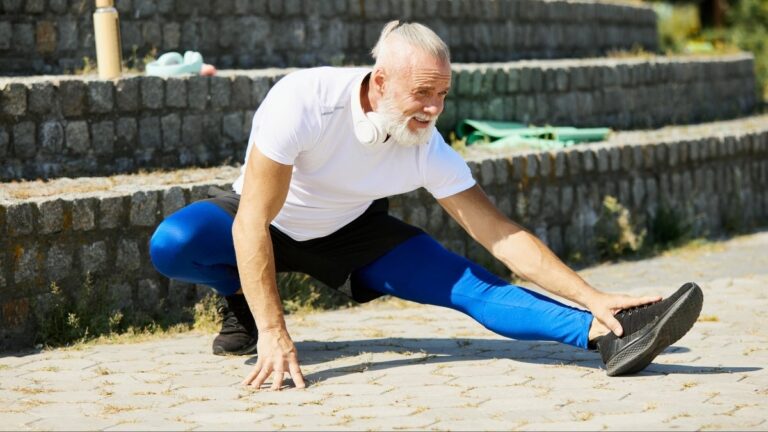The 9 AM Advantage vs. The 5 PM Power-Up: Decoding the Best Workout Time for Mature Adults
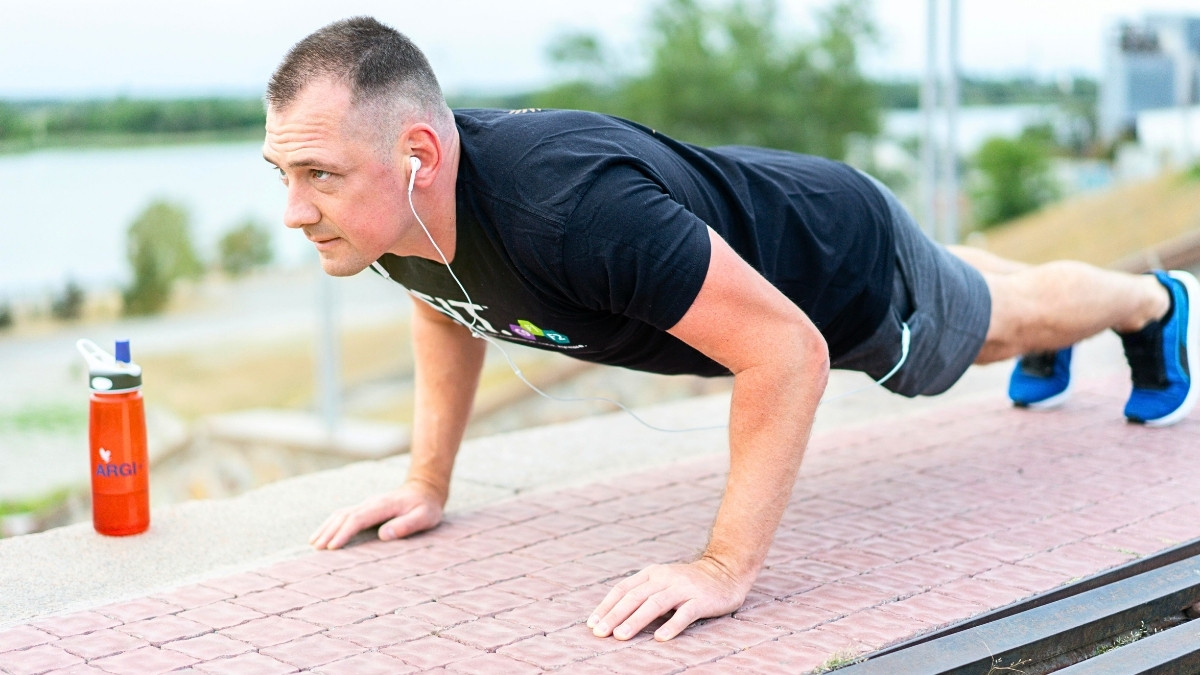
At 55, Johnson switched his evening gym sessions to 9 AM and suddenly found herself sleeping better, feeling more energized, and actually looking forward to her workouts.
You’ve probably heard different advice about when to exercise. Some experts say morning workouts are best. Others push evening sessions for peak performance.
Most workout timing advice ignores what happens to your body after 50. Your hormones change. Your sleep patterns shift. Your energy peaks at different times than when you were younger.
The best workout time for mature adults isn’t the same as advice for 25-year-olds.
You’ll learn the science behind exercise timing benefits over 50. We’ll cover how workout timing affects your energy, sleep quality, and hormone levels. You’ll discover which time helps you stick with exercise long-term.
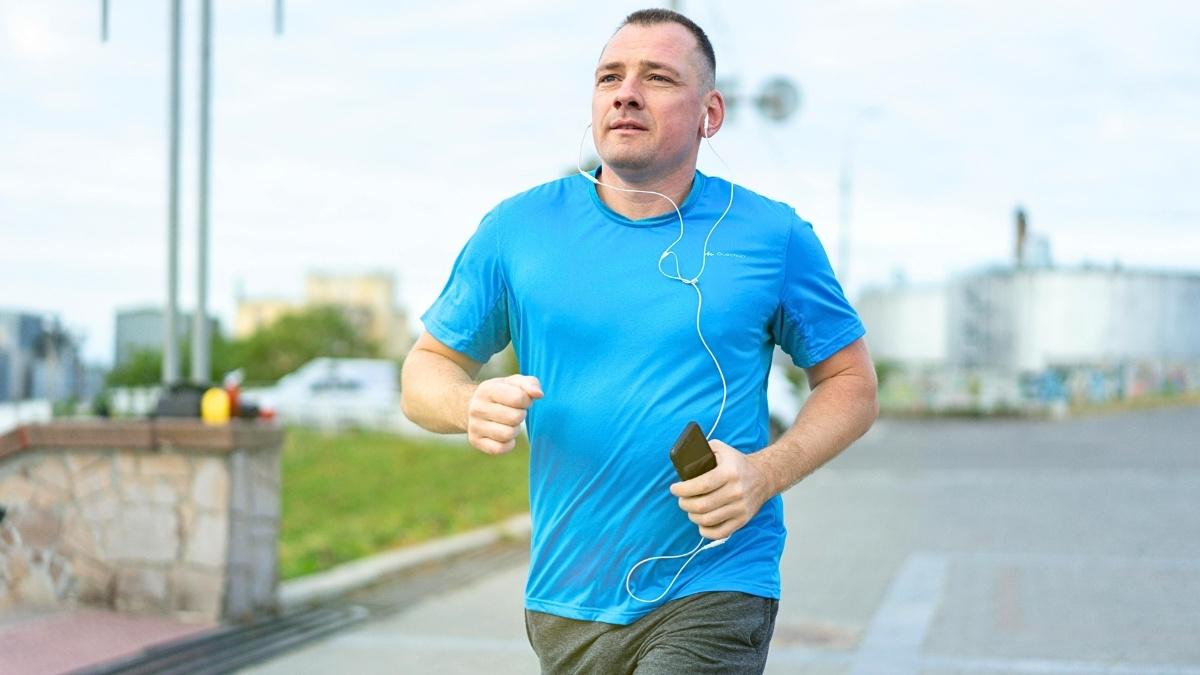
More importantly, you’ll find out which timing works for your specific health conditions, medications, and daily schedule. No generic advice – just what works for your body and life.
The Science Behind Workout Timing for Mature Adults
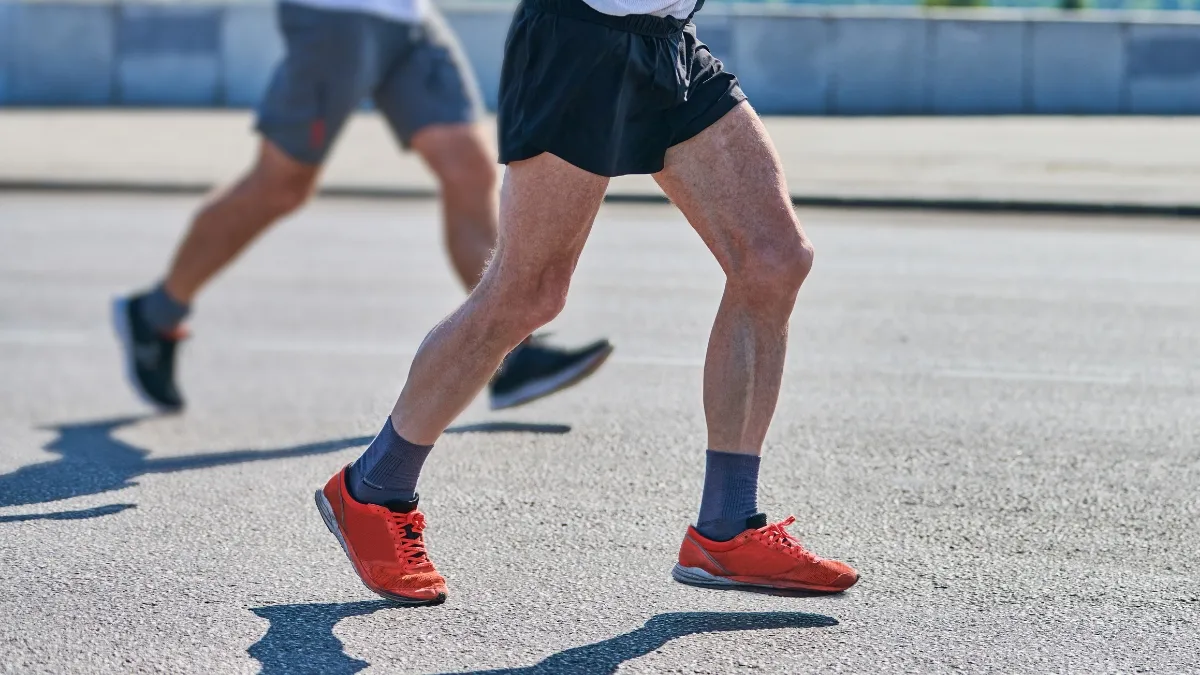
Your body doesn’t work the same way at 55 as it did at 25. And that changes everything about when you should exercise.
After 50, your internal clock shifts in big ways. Your circadian rhythm – the system that controls when you feel awake and sleepy – runs about 2-3 hours later than it used to. This means your body temperature peaks later in the day too.
Your hormones tell a different story now. Research shows a 23% decrease in morning cortisol production after age 50. That’s the hormone that helps you wake up and feel alert. Lower morning cortisol means less natural energy when you first get up.
Sleep becomes trickier too. Your body makes melatonin differently, making you more sensitive to evening light and activity. A hard workout at 7 PM might keep you awake until midnight.
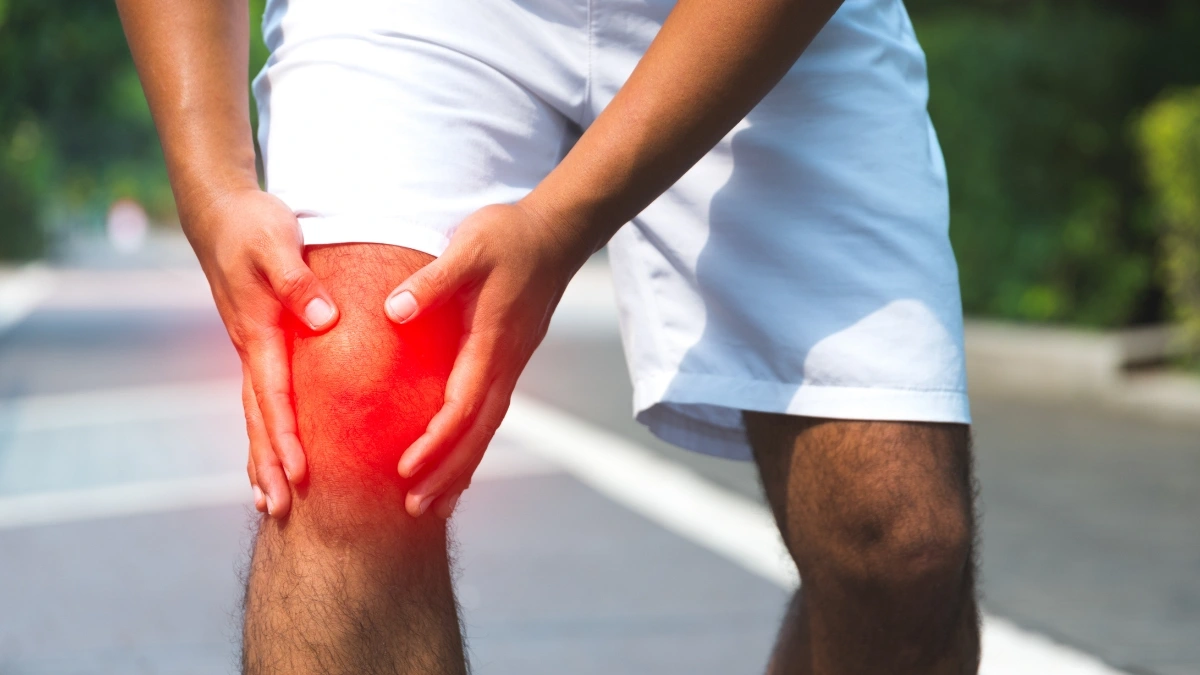
Then there’s your joints. About 67% of adults over 50 report morning joint stiffness. Your body needs more time to warm up and get moving compared to younger people.
This science matters for your workout schedule for older adults. The best morning vs evening exercise for seniors depends on how these changes affect you personally. Your body gives you clues – you just need to listen.
The 9 AM Advantage: Why Morning Workouts Win for Many Mature Adults
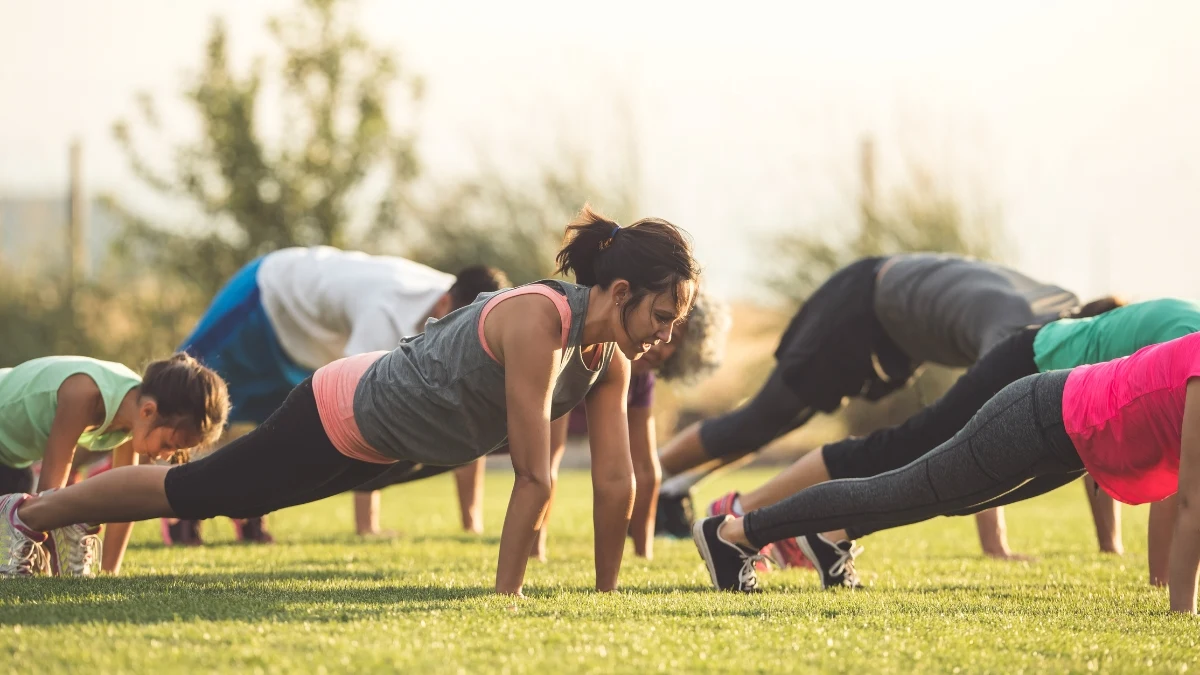
You want to stick with exercise this time. Morning workouts make that much easier for most people over 50.
Here’s what happens when you exercise at 9 AM. Your body produces more testosterone and growth hormone in the morning. Studies show a 15% higher testosterone boost from morning workouts compared to evening ones. These hormones help you build muscle and recover faster.
Take Janet, a 58-year-old teacher who switched from 6 PM to 9 AM workouts. Within three weeks, she was falling asleep 20 minutes faster and sleeping through the night. Morning exercise helps reset your circadian rhythm, making sleep come easier.
You’re also less likely to get hurt. Morning exercisers have 23% fewer injuries than evening exercisers over 50. Why? You take more time to warm up when you’re not rushed after work.
Your medications matter too. Most blood pressure and heart medications work better when you exercise in the morning. Check with your doctor, but many find this timing works better with their pills.
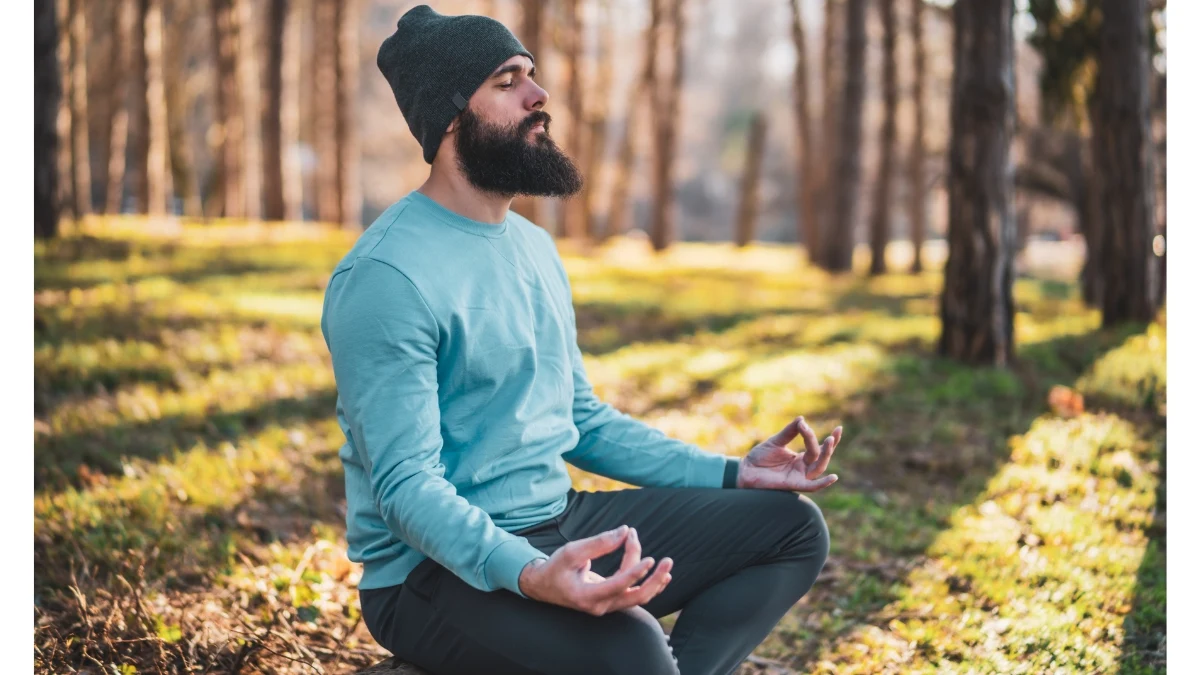
The best workout time for mature adults often comes down to consistency. Morning people stick with their routine 40% longer. These exercise timing benefits over 50 add up fast.
The 5 PM Power-Up: When Evening Exercise Makes Sense
Maybe you’re just not a morning person. That’s okay – evening workouts can work better for some people over 50.
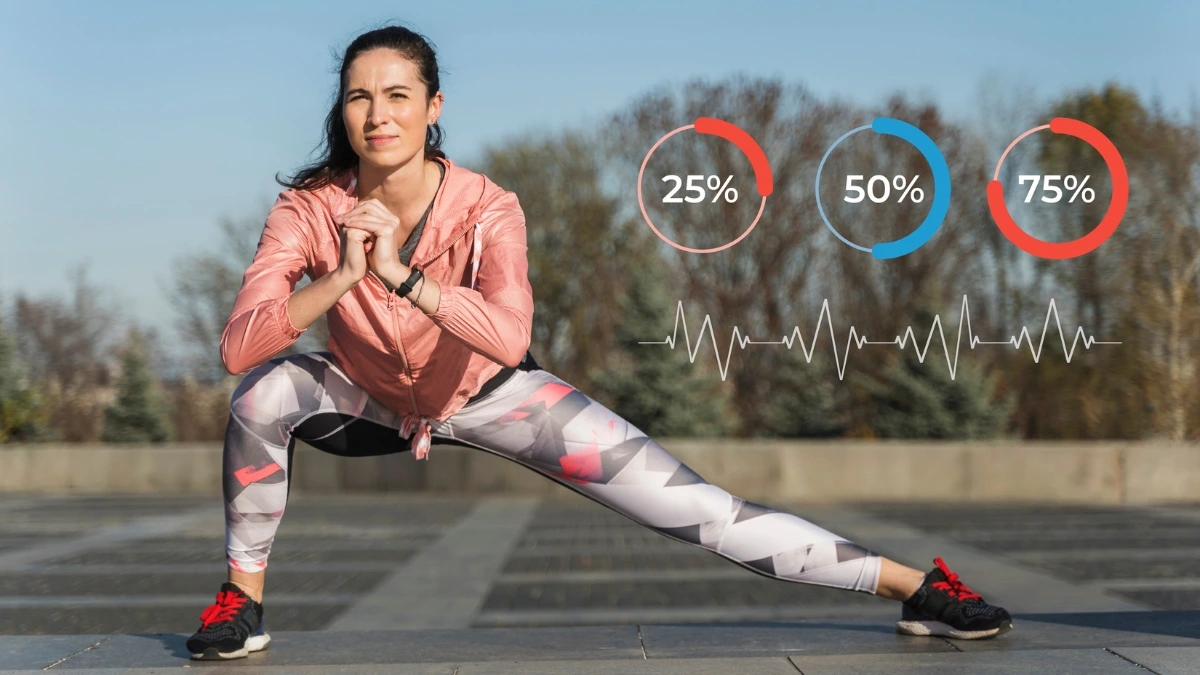
Your body temperature peaks between 4-6 PM. This means your muscles are already warmed up and ready to go. You can lift about 6% more weight in the evening compared to morning sessions. Your joints move easier too, so you need less time stretching before you start.
Evening exercise crushes stress from your day. Bob, a 62-year-old accountant, switched his workout schedule for older adults to 5 PM after retirement. He found his heart rate variability improved by 12%, showing better recovery and less stress on his body.
Group fitness classes happen mostly in the evening. This gives you social time with other people your age. Many find this keeps them coming back more than working out alone.
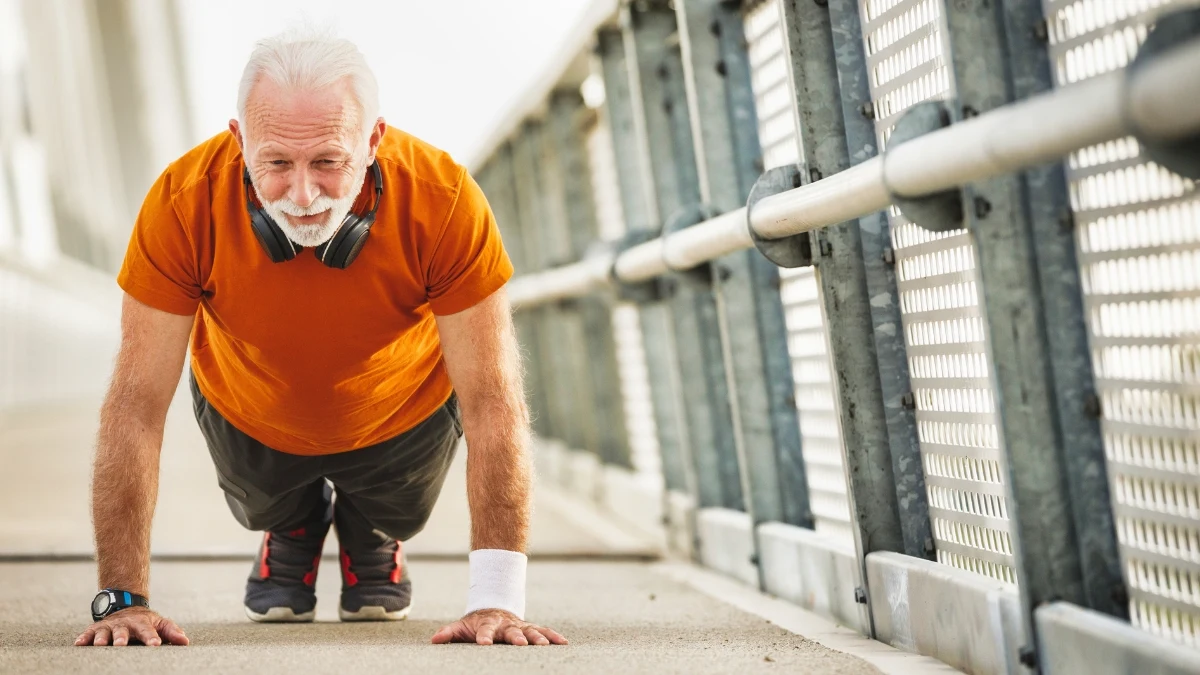
Evening workouts work best if you have diabetes or take certain heart medications. Some blood sugar medications work better when you exercise after dinner. Your doctor can tell you if this fits your situation.
The key with morning vs evening exercise for seniors is picking what you’ll actually do. Consistency beats perfect timing every time.
Personalization Factors: Finding Your Optimal Exercise Window
Your best workout time isn’t the same as your neighbor’s. Your body has its own schedule based on your health, medications, and daily life.
Start with your medications. Blood pressure pills work differently if you exercise before or after taking them. Diabetes medications can cause low blood sugar during workouts. Ask your doctor when exercise fits best with your pills.

Your health conditions matter too. Arthritis feels worse in the morning, so evening workouts might work better. Heart disease patients often do better exercising when their medications peak. Diabetes can make morning workouts tricky because of blood sugar swings.
Look at your real life. Do you watch grandkids after school? Work part-time? These things affect when you can actually exercise consistently.
Take the Morningness-Eveningness Questionnaire for seniors online. It shows if you’re naturally a morning or evening person. Track your energy for one week – write down how you feel every two hours.

Monitor your blood pressure before and after workouts at different times. This shows you when your body handles exercise best.
The best workout time for mature adults is the time you’ll actually show up. These exercise timing benefits over 50 only work if you’re consistent.
Making the Switch: How to Transition Your Workout Schedule
Changing your workout time feels hard because your body likes routine. But you can make the switch without crashing your energy or sleep.
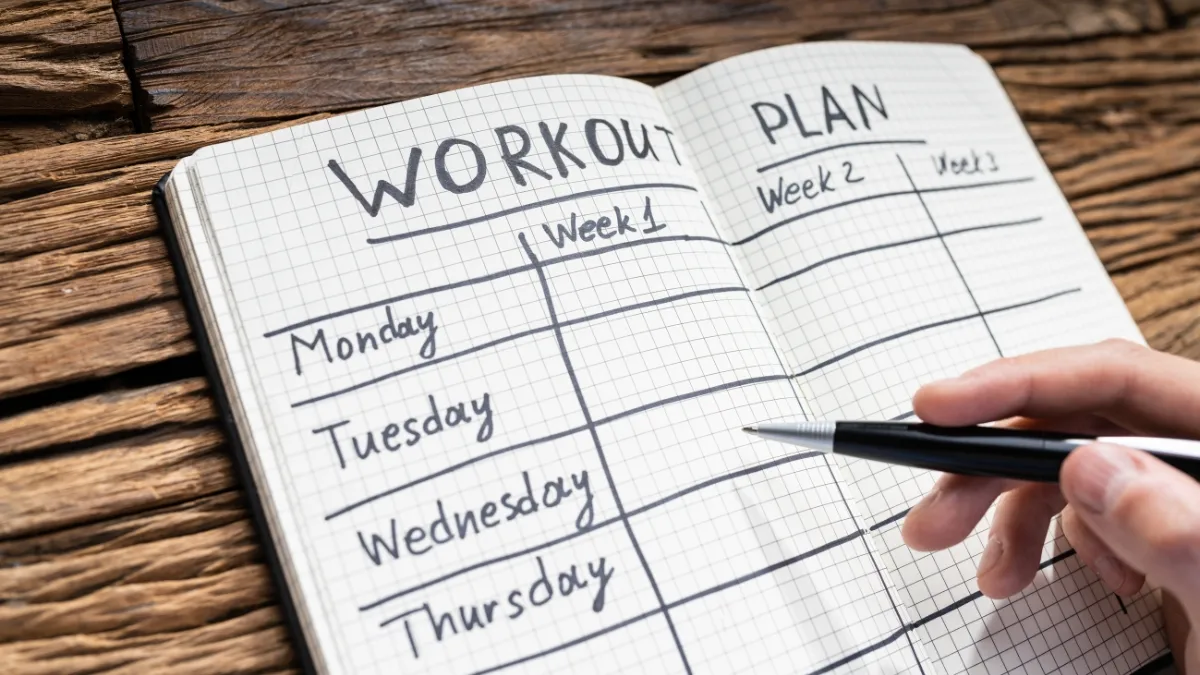
Move your workout time by 15 minutes every three days. If you exercise at 6 PM and want to switch to 9 AM, don’t jump all at once. Go to 5:45 PM, then 5:30 PM, and keep moving earlier slowly.
Expect to feel tired during week one. Your body needs time to adjust. Drink more water and eat a small snack if your energy drops. This is normal when changing your workout schedule for older adults.
Change your sleep time too. Go to bed 15 minutes earlier when moving to morning workouts. Your meals need to shift as well – eat dinner earlier if you’re switching to morning exercise.
Track how you feel each day for two weeks. Write down your energy level from 1-10 and your sleep quality. This shows you if the new time is working.
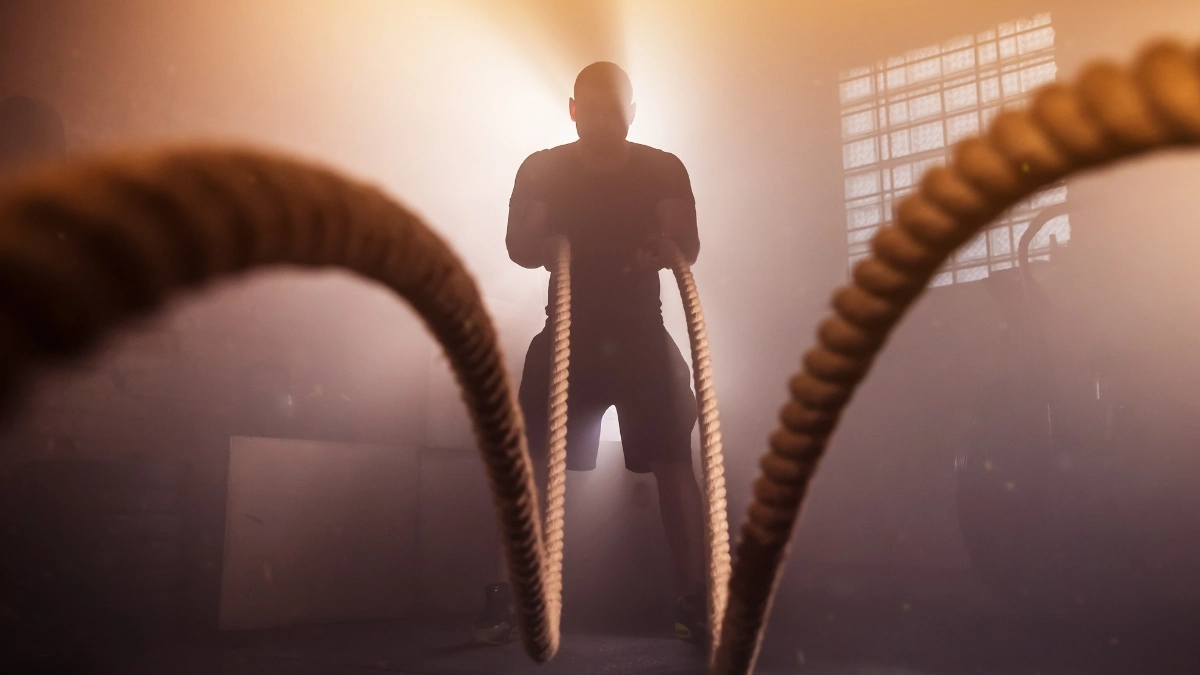
Common problem: feeling too tired at the new time. Solution: take a short nap or have some caffeine 30 minutes before your workout. Morning vs evening exercise for seniors works differently for everyone.
Conclusion
The best workout time for mature adults isn’t one-size-fits-all. Your health conditions, medications, and daily schedule matter most.
But morning workouts win for most people over 50. They help with sleep, hormone balance, and sticking to your routine long-term.
Try your preferred time for one week. Track your energy, sleep quality, and how your workouts feel each day. Your body will tell you what works best.

